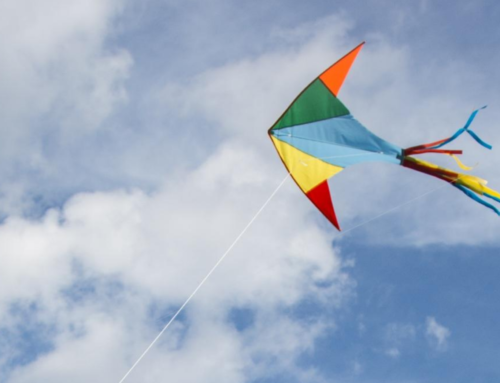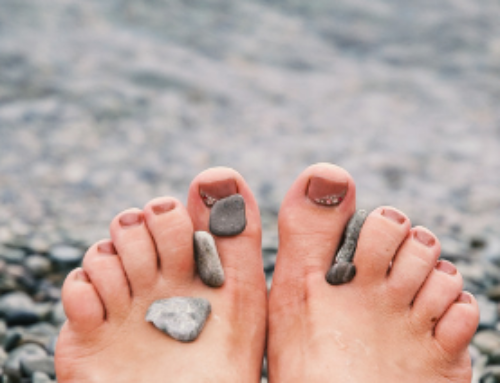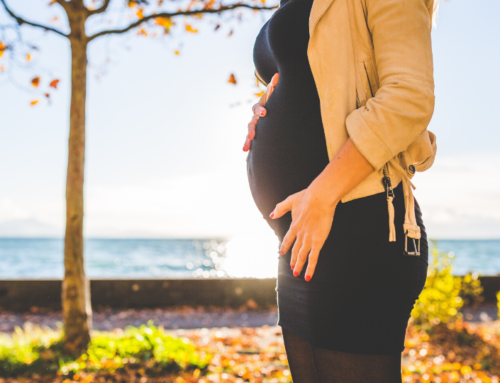Gardens were a big part of my childhood, in fact, some of my earliest memories feature tractor rides in the spring and juicy tomatoes come summer in East Texas. I have gardening to thank for my early interest in botanical medicine; I planted my first herb garden at the age of 14 and was doing my herbal apprenticeship a couple years later in the mountains of Northern New Mexico.
In February this year, with the help of the friendly folks at Lettuce Networks, we completed the conversion of our lawn into a garden. If you want to know what that felt like I present this humorous interview question on planting day. Two and half years in the making and I’m loving the look and feel of such a bountiful space in the front yard!
Gardening is lifestyle medicine
“Lifestyle medicine (LM) involves the use of evidence-based therapeutic approaches, such as a predominantly whole food, plant-based diet, regular physical activity, adequate sleep, stress management, and avoidance of risky substance use, to prevent, treat, and, oftentimes, reverse the chronic disease that’s all too prevalent,” said Sarah Keyes, a certified lifestyle medicine professional at Baylor College of Medicine.
Lifestyle medicine is where we use key components of how we live to better enhance our wellness. Gardening fits into this slot so beautifully and has been well researched for its benefits to both individuals and communities. For example, Masashi Soga from The University of Tokyo, Kevin J. Gaston from the University of Exeter, and Yuichi Yamaura from the Forestry and Forest Product Research Institute in Japan reported in a 2017 meta-analysis that “gardening can improve physical, psychological, and social health, which can, from a long-term perspective, alleviate and prevent various health issues facing today’s society.”
In 2002, an Arkansas researcher found that women who gardened weekly had higher bone density and reduced their risk of osteoporosis compared to women who led more sedentary lifestyles. A 2013 study found that folks in the 60+ age group could cut the risk of a heart attack/stroke and prolong life by as much as 30 per cent with regular gardening. And a 2005 Rutgers University study found the gift of flowers improved mood and memory.
Grief and Gardening
“A garden is a delight to the eye and a solace for the soul.” – Saadi, 13th century Iranian poet
In writing my 2018 ebook Aromatic Immunity I delved into some fascinating research that looked at the immune-mind connection. In my book I wrote about a 1983 study from New York that observed the immune-suppressing action of the death of a spouse lasted up to 14 months. Another study observed the immune, endocrine, and psychological impact of grief for six months and published their results in the Journal of Psychiatry Research in 2003. I talked about the impact losing my paternal grandmother had on my immunity and how I found meditation and aromatic therapies very beneficial in the months of bereavement. Last summer I lost my younger brother to a freak drowning accident – he was floating on a sand bar in a river one moment and gone the next. This grief was dramatically different from the slow decline of my grandmother in her 80s. This grief was deeply traumatic and rocked my world in ways I had never experienced before. Knowing this traumatic grief could have an overwhelming impact on my physical health I wanted a project for 2019 that would nurture my soul. Completing the conversion of the front yard into a garden made complete sense!
An area I’ve had a particular interest in this past year is the connection between the hygiene hypothesis and the immune-mind connection. I wrote about this a little bit in Aromatic Immunity, but I want to touch on it again here. Graham A.W. Rook, a professor at the University College of London has been researching our symbiotic relationship with organisms in the natural environment, our digestive tract, and our skin, and their link to the immune system. You see, Professor Rook theorizes that modern lifestyles that remove access to nature, and reduce the variety of fresh foods we have access to have impacted our immunity, making us more susceptible to chronic inflammatory conditions like allergies, autoimmunity, and inflammatory bowel disease. This persistent inflammation impacts other areas of health by reducing our capacity to be resilient in the face of stress, impacting psychiatric wellness (particularly depression and anxiety), metabolic disorders like diabetes, and cardiovascular disease. In 2008 Rook co-authored a paper in Trends in Immunology that recommended the therapeutic value of a common bacteria found in soil, Mycobacterium vaccae. M. vaccae has been studied as an immunotherapy in the treatment of cancers, psoriasis, tuberculosis, leprosy, and HIV. My thoughts are that we don’t spend enough time in the dirt with exposure to beneficial microbes like M. vaccae and by participating in gardening we get our old friends back and have a beneficial effect on the immune-mind connection.
I enjoyed reading the two part article Nature Awareness as a Therapeutic Modality by Dr Kirsti Dyer in which she lists the many benefits of nature as a healer in times of grief. While I have enjoyed some absolutely beautiful grief walks over the past nine months I have found I do remarkably well tending a garden on a daily basis.
Neighbors, students, and clients have commented on this healing, beautiful garden. I’ve enjoyed sharing clippings of rainbow chard, kale, parsley, cilantro, and other herbs with folks and I highly recommend you too explore what a little bit of time with your hands in the dirt can do for your mind, body, and spirit!
Sources:
- Gerra, G., Monti, D., Panerai, A.E., Sacerdote, P., Anderlini, R., Avanzini, P., Zaimovic, A., Brambilla, F. and Franceschi, C., 2003. Long-term immune-endocrine effects of bereavement: relationships with anxiety levels and mood. Psychiatry Research, 121(2), pp.145-158.
- Rook, G.A. and Lowry, C.A., 2008. The hygiene hypothesis and psychiatric disorders. Trends in immunology, 29(4), pp.150-158.
- Schleifer, S.J., Keller, S.E., Camerino, M., Thornton, J.C. and Stein, M., 1983. Suppression of lymphocyte stimulation following bereavement. Jama, 250(3), pp.374-377.
- Soga, M., Gaston, K.J. and Yamaura, Y., 2017. Gardening is beneficial for health: A meta-analysis. Preventive Medicine Reports, 5, pp.92-99. Link: https://www.sciencedirect.com/science/article/pii/S2211335516301401.
- Torjesen, I., 2013. Home improvement and gardening can prolong life in over 60s, study finds. Bmj, 347, p.f6506.
- Turner, L.W., Bass, M.A., Ting, L. and Brown, B., 2002. Influence of yard work and weight training on bone mineral density among older US women. Journal of women & aging, 14(3-4), pp.139-148.









Leave a Reply